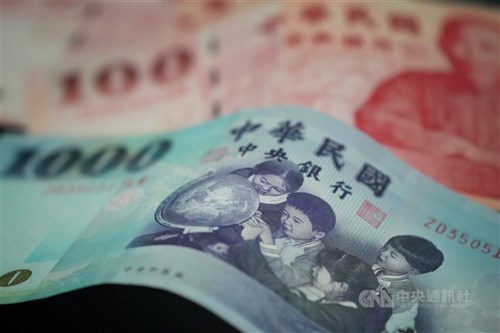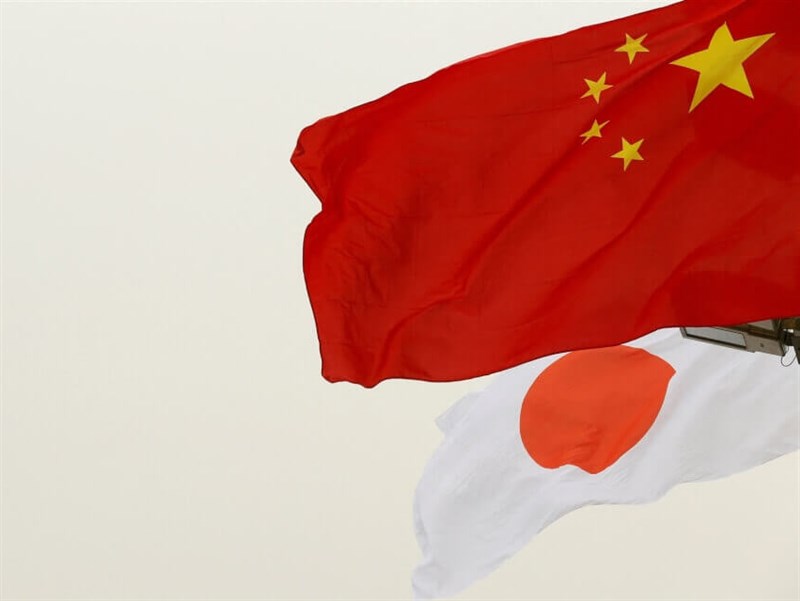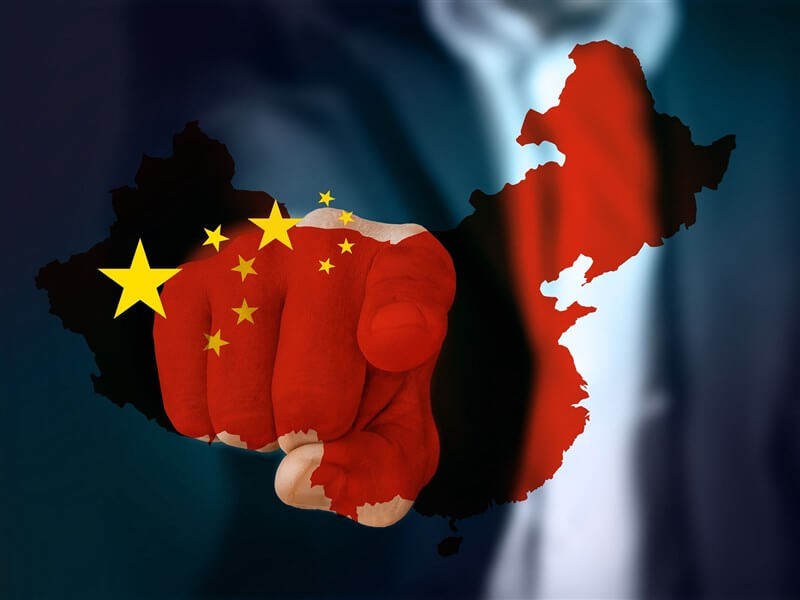ANALYSIS/Beijing to continue pressure on Taiwan until mid-June: Scholars
06/01/2024 08:09 PM
Beijing's latest wave of economic pressure on Taiwan, following last week's military exercises shortly after President Lai Ching-te (賴清德) took office, was "expected," scholars told CNA, noting that this approach would likely continue until mid-June, to balance its stance on Taiwan.
(Full text of the story is now in CNA English news archive. To view the full story, you will need to be a subscribed member of the CNA archive. To subscribe, please read here.)
More in ANALYSIS
![Fintech expert urges NTD stablecoin to protect monetary sovereignty]() Fintech expert urges NTD stablecoin to protect monetary sovereigntyA fintech expert in Taiwan has called for the issuance of a New Taiwan dollar (NTD) stablecoin, saying it is vital for safeguarding Taiwan's monetary sovereignty and reinforcing the country's industrial competitiveness.12/14/2025 04:15 PM
Fintech expert urges NTD stablecoin to protect monetary sovereigntyA fintech expert in Taiwan has called for the issuance of a New Taiwan dollar (NTD) stablecoin, saying it is vital for safeguarding Taiwan's monetary sovereignty and reinforcing the country's industrial competitiveness.12/14/2025 04:15 PM![China-Japan diplomatic spat not what it seems: Taiwan experts]() China-Japan diplomatic spat not what it seems: Taiwan expertsJapan's first female prime minister, Sanae Takaichi, has faced rising friction with China during her first month in office, with Taiwan unexpectedly pulled into the fray.11/21/2025 06:58 PM
China-Japan diplomatic spat not what it seems: Taiwan expertsJapan's first female prime minister, Sanae Takaichi, has faced rising friction with China during her first month in office, with Taiwan unexpectedly pulled into the fray.11/21/2025 06:58 PM![China's local bounty use shows intimidation with flexibility: Scholars]() China's local bounty use shows intimidation with flexibility: ScholarsChina's recent use of local public security bureaus to issue bounty notices against specific Taiwanese individuals reflects a new tactic of "judicial intimidation" aimed at Taiwan that also gives Beijing room for flexibility, scholars told CNA.11/15/2025 04:45 PM
China's local bounty use shows intimidation with flexibility: ScholarsChina's recent use of local public security bureaus to issue bounty notices against specific Taiwanese individuals reflects a new tactic of "judicial intimidation" aimed at Taiwan that also gives Beijing room for flexibility, scholars told CNA.11/15/2025 04:45 PM
Latest
- Sports
Taiwan CrossFit team takes 3rd at Taichung Power Fitness Grand Prix
12/15/2025 03:37 PM - Politics
U.S. Senate passes bill to speed up defense transfers to Taiwan
12/15/2025 02:48 PM - Business
Taiwan shares close down 1.17%
12/15/2025 01:58 PM - Business
Taiwan central bank to keep rates unchanged, experts predict
12/15/2025 01:37 PM - Sports
Pilots stage largest comeback in EASL history over Black Bears
12/15/2025 11:18 AM


